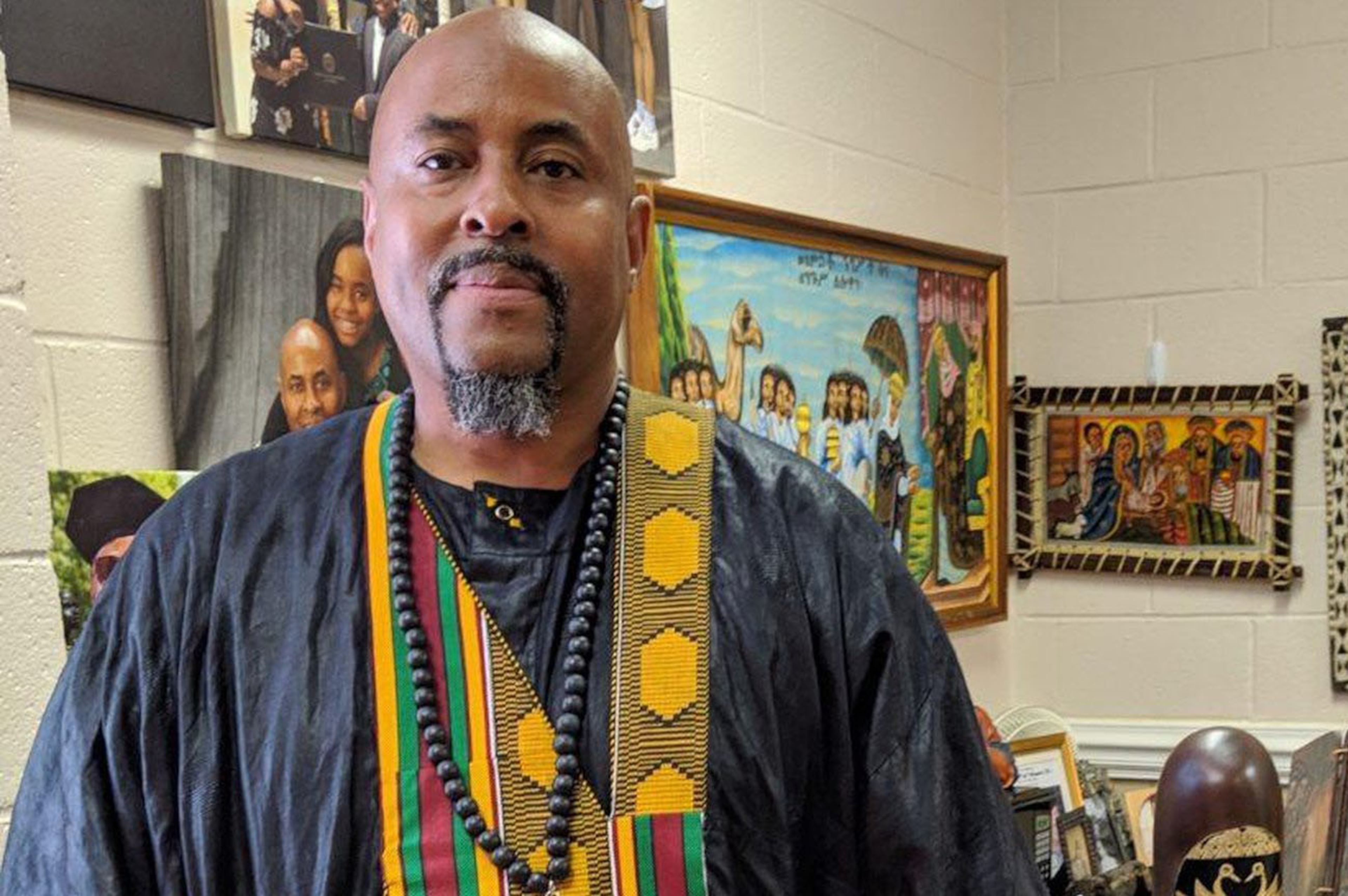Know your Atlanta civil rights icons: Julian Bond
It’s hard to talk about Georgia culture without bringing up Bond — Julian Bond. Born in 1940 in Nashville, Bond moved to Pennsylvania as a young boy when his father became president of Lincoln University. As a young man, he returned to the South to attend Atlanta’s Morehouse College. From there, Bond’s future was set. He would go on to become a civil rights warrior and an Atlanta icon.
Bond soon left school to lead student protests against segregation in Georgia, all as a founding member of the Student Nonviolent Coordinating Committee. A decade later, the civil rights leader returned to Morehouse College, completed his degree and set his sights on loftier goals.
The civil rights leader won a seat in the Georgia House of Representative in 1965, setting off a fight that would take Bond all the way to the Supreme Court.
“All but a few members of the House refused to seat him, citing his opposition to the Vietnam War,” The NAACP reported. “After a district court determined that the Georgia House had not violated Bond’s constitutional rights, the case went to the Supreme Court, which overturned the decision and ruled 9-0 in Bond’s favor.”
He would go on to serve four terms in the Georgia House, where he organized the legislature’s Black Caucus.
By 1998, Bond had stepped away from politics and dedicated the next years of his life to teaching at numerous universities — including Harvard University and the University of Virginia. He then went on to become the chair of the NAACP board of directors, something Bond called “the most powerful job a Black man can have in America.”
With 25 honorary degrees to his name, a lifetime of accomplishments and a heavy influence on Georgia’s civil rights history, Bond remains an important part of Atlanta’s moral character — even after his passing in 2015.


